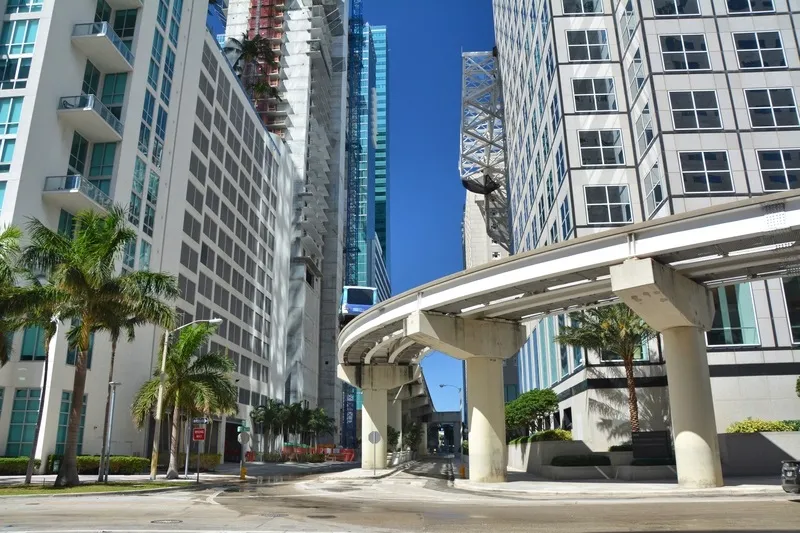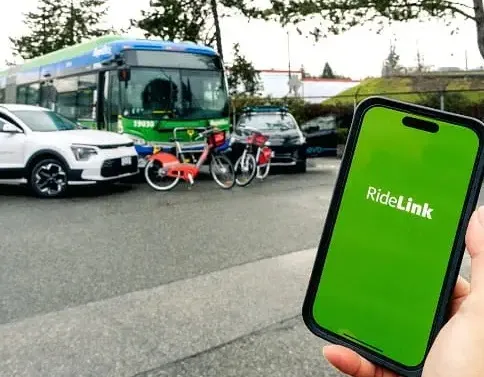
CoMotion Lab Miami will bring together "an unprecedented consortium of international, national and regional public and private stakeholders whose goal is improving mobility and transit in Miami-Dade County and Southern Florida".
Announced at this week's CoMotion Miami Live, the idea is that it will attract ideas and technology to be tested locally, from which policy recommendations can be drawn in areas such as drones, smart infrastructure and public/private models in transit.
Founding members include Uber, Joby Aviation, Via and Inrix.
Mayor Carlos Gimenez said the initiative is "designed to make our county a vibrant living lab of new mobility in order to create new services for our residents and thus jobs and economic activity".
C-Lab is backed by the Miami-Dade Department of Transportation and Public Works, which will oversee pilot zones and administration of the tech tests and mobility initiatives.
Miami-Dade has 5,500 miles of public roads, as well as airspace and maritime channels, offering "a complex and variegated testing geography, representative of different kinds of urban geographies throughout the US and beyond: dense urban centre, exurban sprawl and developer-led communities".
Meanwhile the county has begun using the Inrix Road Rules cloud-based platform to aid the introduction of services such as ride-hailing, e-scooters and autonomous vehicles.
Using public data, it digitises local information such as ride-hailing locations, parking restrictions, speed limits, crosswalks and school zones, and makes this accessible via an open application programming interface.
"Having foundational city data made available through Inrix’s Road Rules platform is a key piece of supporting mobility innovation throughout the region,” said Alice N. Bravo, director of Miami-Dade DoT.










